If there is one eternal truth of politics, it is that there are always a dozen good reasons for doing nothing
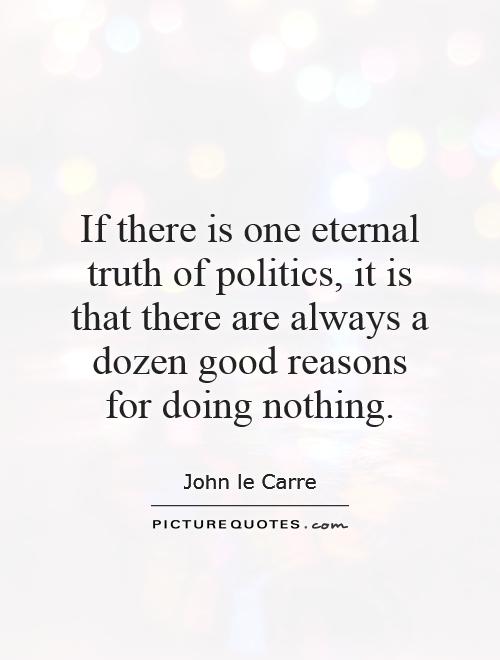
If there is one eternal truth of politics, it is that there are always a dozen good reasons for doing nothing
John le Carré, the renowned British author known for his espionage novels, often delves into the murky world of politics and power struggles. In his works, he explores the complexities of human nature and the moral dilemmas faced by those involved in the world of espionage and politics. One recurring theme in le Carré's novels is the idea that there are always a dozen good reasons for doing nothing in politics.This notion is exemplified in many of le Carré's characters, who often find themselves caught in a web of deceit and manipulation, unsure of who to trust or what course of action to take. In the world of espionage, where loyalties are constantly shifting and alliances are fragile, the decision to do nothing can sometimes seem like the safest option. By remaining passive and avoiding confrontation, characters in le Carré's novels are able to protect themselves from the dangers of the political landscape.
However, the choice to do nothing is not always a simple one. In le Carré's world, inaction can have far-reaching consequences, leading to missed opportunities, betrayals, and ultimately, the loss of moral integrity. Characters who choose to do nothing often find themselves complicit in the very crimes they sought to avoid, forced to confront the harsh realities of their own inaction.
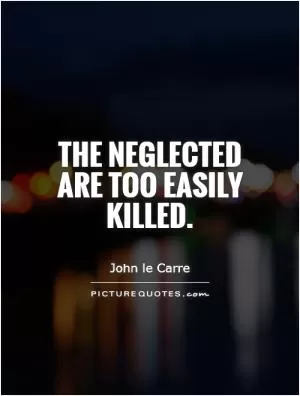
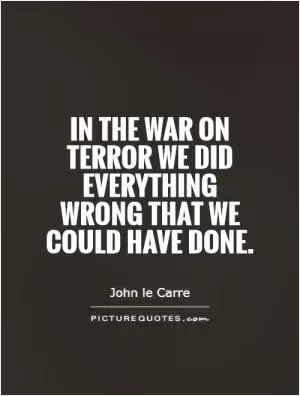
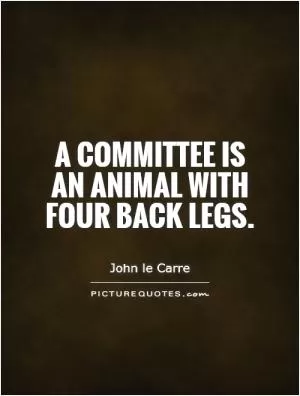
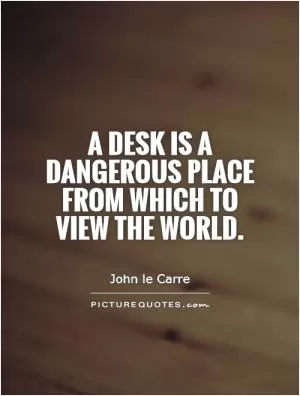

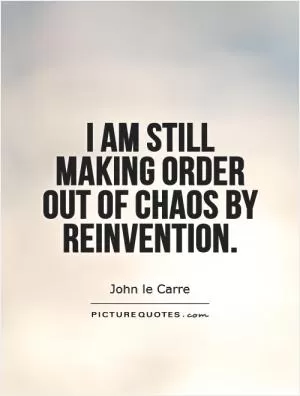
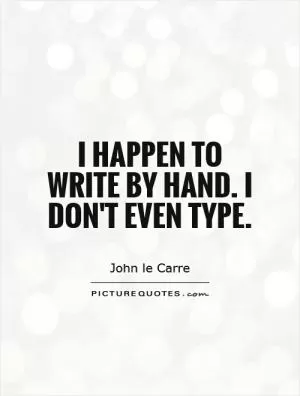

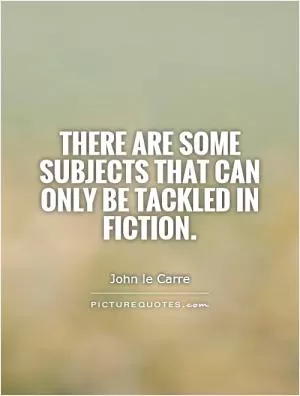

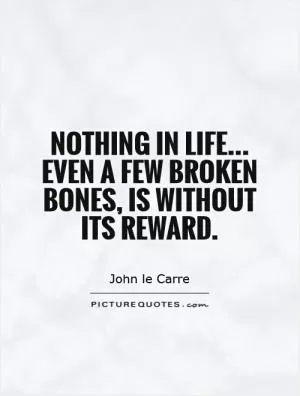
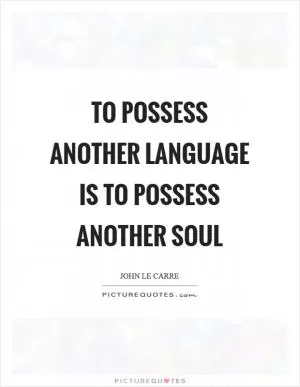
 Friendship Quotes
Friendship Quotes Love Quotes
Love Quotes Life Quotes
Life Quotes Funny Quotes
Funny Quotes Motivational Quotes
Motivational Quotes Inspirational Quotes
Inspirational Quotes